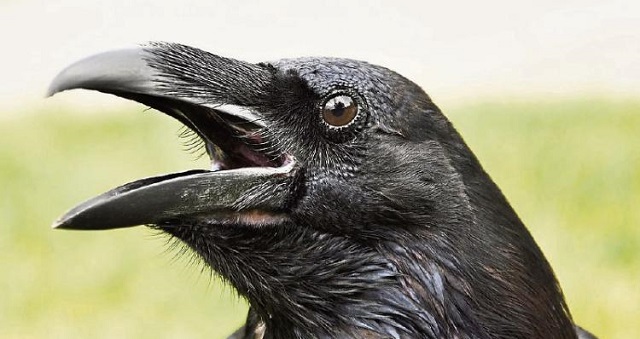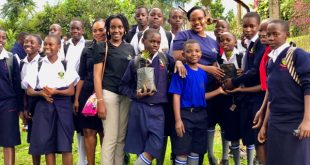
Kampala, Uganda | THE INDEPENDENT | Crows have proved they are anything but bird-brained on dozens of occasions, but some incredible new research shows that the dark masters of the avian world are perhaps even smarter than we ever realized.
A new study has found that New Caledonian crows (Corvus moneduloides) can make their own tools by combining several different independent parts, an ability that’s previously only been observed in great apes (including us).
Even children can’t master this feat for several years of their early life as it requires a fair deal of foresight, brain power, and problem-solving skills. As reported in the journal Scientific Reports, scientists presented eight of their feathered friends with a see-through box containing a tray of food.
To acquire the treat, the crows had to poke a stick through a small hole and push the food over to an opening on the side of the box.
At first, the researchers left sufficiently long sticks laying near the box. Sure enough, the crows quickly learned that they could pick them up, poke them in the hole, and get the treat.
Simple. However, they then left smaller pieces, too short to reach the food, which could potentially be combined with each other to make a longenough stick. Remarkably, four of the eight crows pieced together the sticks to make a longer stick, then used it to poke out the food – they had made their own tool.
One crow, an especially smart dude called Mango, was even able to make compound tools out of three and even four parts, creating a super-long stick capable of poking out the food from a considerable distance.
It’s widely known that crows are among the few animals that can master the use of tools both in the wild and in captivity. Just recently, another study showed that they can learn new tool-making techniques and apply them from memory in a way never before seen in animals besides ourselves and our ancestors.
 The Independent Uganda: You get the Truth we Pay the Price
The Independent Uganda: You get the Truth we Pay the Price


